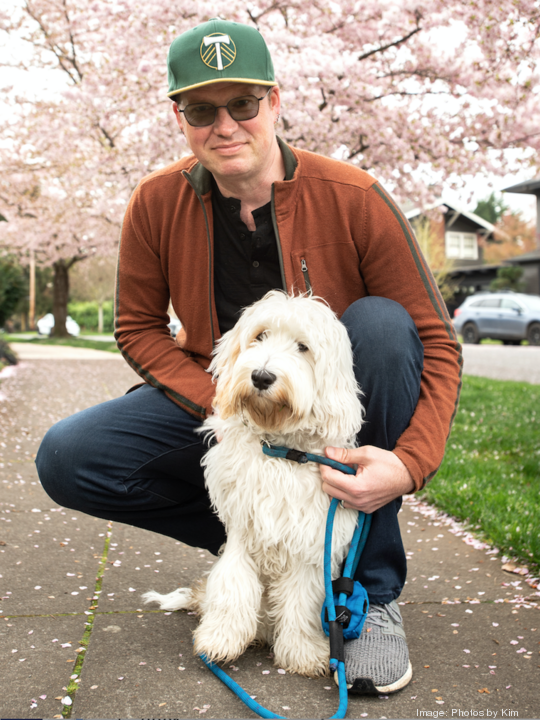
Luke Kanies
Title: founder, board member
Company: Puppet
What it does: IT automation software for system administrators
Founded: 2005
In 2014, it finally became clear to Luke Kanies that he could no longer continue as CEO of Puppet, the company he started in 2005. He would step down in September 2016.
That decision, and the transition to rebuild the executive team, happened during what Kanies now recognizes as a deep period of burnout. In turn, that period was driven by what he now also recognizes as his autism, and the strain of trying to be what other people wanted him to be.
“That rebuilding process helped me see some combination of, I didn’t enjoy the work I was doing, I wasn’t very good at it and I was never going to get great at managing executives,” he said.
To that point, he felt as if he'd failed, even though the business doubled in size each year. His interactions with the team didn’t feel successful.
See also:
“I would argue in retrospect that the answer was not to hire more (neurotypical) executives, the answer was to keep looking for executives who were going to work well with me. I didn't feel as entitled to keep looking for those people. And so, I was struggling against (the reality) these are very normal people who in a normal situation would probably do fine. But I was having to work three times, four times harder to get them to succeed under me, because I'm different, I’m weird,” he said.
Looking back on his experience, he realizes the more he burned out, the harder it became for him to mask his neurodivergence and present as a neurotypical person.
Kanies has since worked with a coach and peer groups to renew himself. He now navigates a world where he is no longer Puppet CEO, which consumed his life from 2005 to 2016. In the early days, he wrote code, answered user questions, landed investment and welcomed and managed hundreds of employees.
“I did not realize how damaged I was,” he said, both mentally and physically.
He still sees his executive coach and goes to personal therapy. He started another company but quickly saw trauma response in himself when it came time to do things like hire an executive team. He shut that business down last year amid ongoing health issues.
Today, he gives himself permission to take the time and space to heal. Part of that therapy includes his new dog Westley, with whom he can just be himself.
“I do think the come down (from being CEO) is really important too,” he said.



